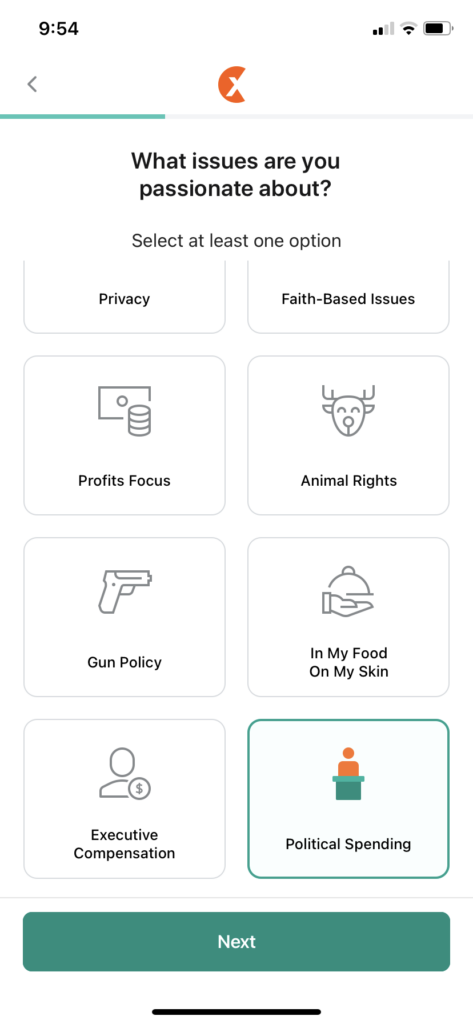What Is Lobbying?
Companies are expected to disclose federal and state lobbying payments, payments to trade associations, social welfare groups used for lobbying, and payments to any tax-exempt organization that writes and endorses model legislation. For example, some companies will portray support for climate change action while their lobbying practices signal the opposite.
How Does Lobbying Appear In Proxy Voting?
Corporate lobbying affects all aspects of the economy. Issues include climate change, drug prices, financial regulation, immigration, and workers’ rights. Specifically, politically focused expenditures can appear to be misaligned with the company’s values and interests leaving shareholders asking why.
Recent Lobbying Examples
- JP Morgan’s Report on Political Spending & Congruence with Company Values appear to undermine the company’s values and interests (4/21).
- The majority of Travelers shareholders voted for the company to disclose its memberships in, or payments to, trade associations and social welfare organizations (5/22).
Shareholder Impact On Lobbying Resolutions
After facing a record number of lobbying proposals referring to climate related contributions last year, companies worked to negotiate agreements on increasing their lobbying disclosures in exchange for a withdrawal by shareholders of these resolutions before the vote took place.


